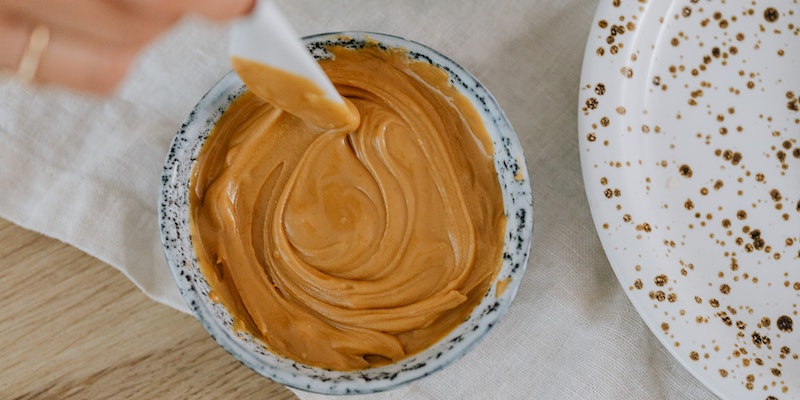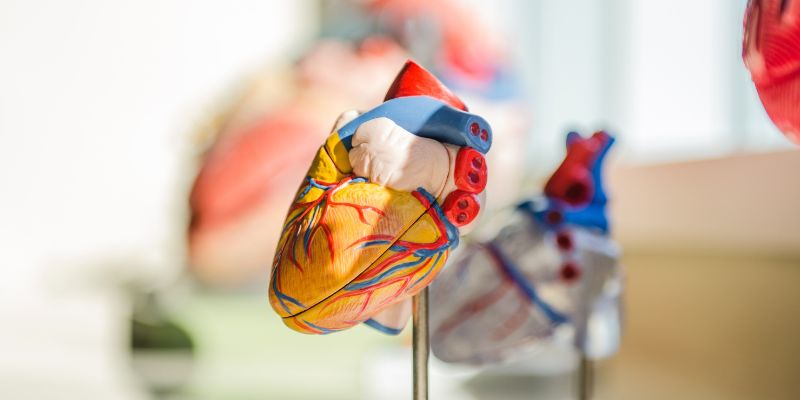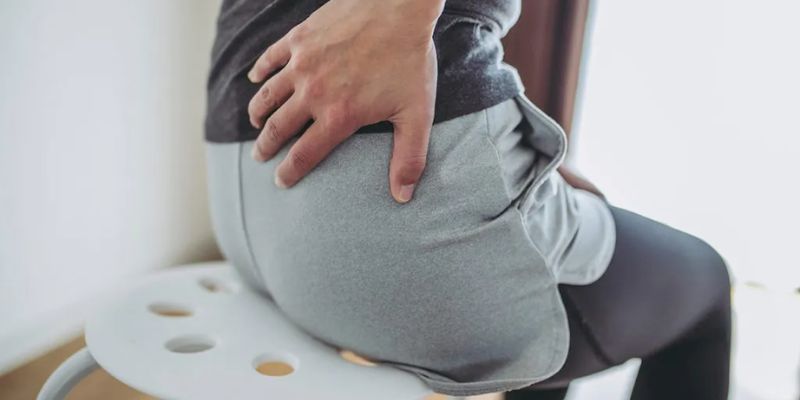6 Common Causes of Appetite Loss in Older Adults You Should Know
2024-11-11 00:00:00 By Celia Shatzman
Old age and loss of appetite can go hand in hand with time. You might realize that as you become older, your appetite decreases. When looking after an elderly loved one, they could eat seldom or not at all. Growing older causes seniors to lose of appetite and can drop their metabolic rate, energy levels, and physical activity.
Conversely, there are a few reasons why symptoms like abrupt weight loss or restricted eating might worry you. The body's ability to repair itself may be hampered, and older persons who lose at least 10% of their body weight often have higher death rates. Read on to learn more about appetite loss in elderly people.
Cause of Loss of Appetite in Elderly People

Here are some common causes of loss of appetite in elderly people:
Viral and Bacterial Infections
Among the many illnesses that could rob one of appetite include:
- colds
- flu
- gastroenteritis.
Eating essential foods like rice, crackers, bananas, applesauce, toast, and apples helps your digestive system, old age, and loss of appetite, and enables you to recuperate from a stomach sickness.
Serious Medical Conditions
Absence of appetite is a common symptom of many medical disorders. Hepatitis, chronic kidney disease, hypothyroidism (low thyroid hormones and an underactive thyroid gland), heart failure, dementia, stomach and pancreatic cancers, and morning sickness are a few examples.
Long-term physical issues under reasonable control might cause hunger and drive for eating. According to health professionals, people with certain medical illnesses should consume more calories and nutrients, drink more water, and eat smaller meals more frequently to avoid losing their appetite.
In other cases, weight loss and loss of appetite in the elderly suddenly without purpose is the first indication that anything is awry. You may have significant medical issues if you lose more than 10 pounds (4.5 kg). About that, you ought to consult a doctor for your old age and loss of appetite issues.
Mental Health Conditions
Individuals with mental diseases like depression, anxiety disorders, stress, grief, and others can feel as if they cannot stop eating or overindulge. With therapy for mental health concerns, weight loss and loss of appetite in the elderly suddenly can be prevented.
Anorexia nervosa, bulimia, or binge eating disorder are among the eating disorders that may cause a reduction in appetite since deprivation hurts the brain. For eating problems, seeking medical attention is essential. These infections may lead to severe malnutrition if care is not taken.
Medication Side Effects
Blood pressure, cardiac, antidepressant, stimulant, and antibiotic medications might be the reason for the decline in appetite. Physical side effects from cancer therapies, including nausea, can lower appetite as well. Moreover, in rare situations, anti-nausea medicines might boost the appetite of older adults, helping prevent seniors' loss of appetite.
Consult your doctor about your alternatives if you believe a medication is affecting your loss of appetite in the elderly suddenly. In addition to vitamins, supplements, and medications that induce appetite, your doctor might also advise adjusting the dosage or kind of your current meds.
Environment and Social Reasons
Eating alone is often less pleasurable, and older people living aloneespecially those who have trouble cooking and buying on their ownmight find it harder to stay motivated to eat. Other variables that might affect an older person's appetite include changes in living conditions, such as moving into a care facility or experiencing financial adjustments following retirement.
Moreover, it's crucial to rule out any medical issues or prescription medications that could cause an elderly loved one's lack of appetite before providing care. If a medical explanation cannot be established, you can attempt certain things to encourage them to eat.
How to Help Aging Adults Overcome Appetite Loss?

Set a Routine
Consistency is essential for our bodies, as shown by the signals sent by hunger and thirst. Therefore, our hunger also changes when we deviate from that routine. You can try introducing a snack or drink gradually if your senior loss of appetite is a significant problem for your elderly family member. You can eventually meet a doctor who will then set a mealtime regimen. Doing this may promote and boost their body's hunger signals at specific periods of the day.
Include Nutritious Foods
Seniors may need to be more confident about huge meals. Higher-protein, minerals, vitamins, and complex carbohydrates meals in smaller quantities are another option. Even with some intake, their body will get the nutrients it needs.
Elder people must eat whole grains, fresh produce, lean meats, and healthy fats to gain back their hunger. They should also opt to swap cheese with veggies to make lunchtime pizza healthier. Almonds, olive oil, avocados, and whole milk may boost their calorie intake without making them feel full.
Herbs & Spices to Improve Flavor
Adding additional flavor to meals using dried or fresh herbs and spices is the most straightforward way to make seniors love what they eat. Remember that too much rich food can be hard for them to digest. When cooking with salt, add lemon juice, thyme, rosemary, onion, or garlic powder. Explore various pairings to see what they enjoy.
Consider Appetizing Stimulants
If your senior's appetite loss doesn't improve, talk to their doctor about appetite enhancers. Discuss the pros and cons of each as some may have drawbacks. It's also crucial to ascertain if combining the stimulant with other medications is not advised.








